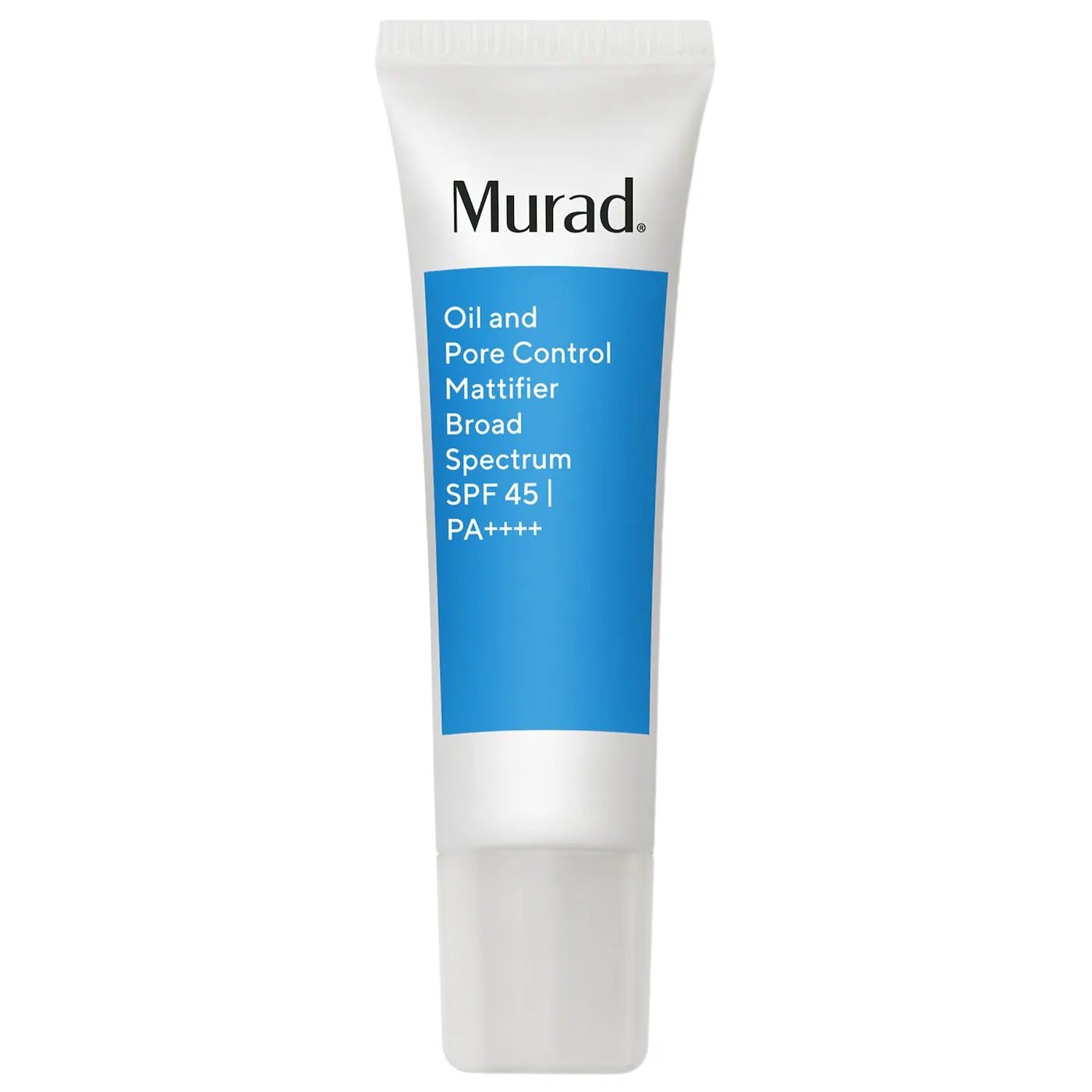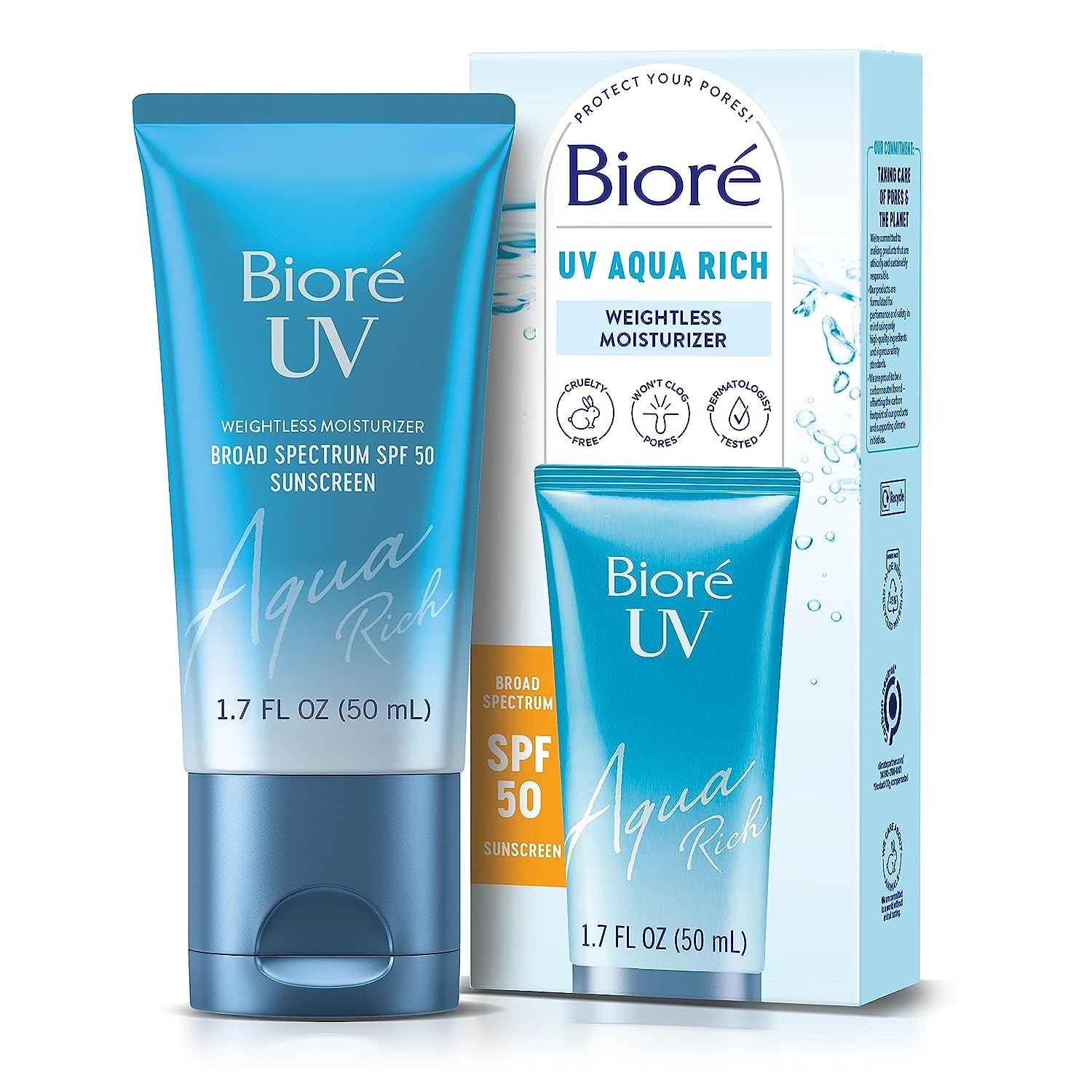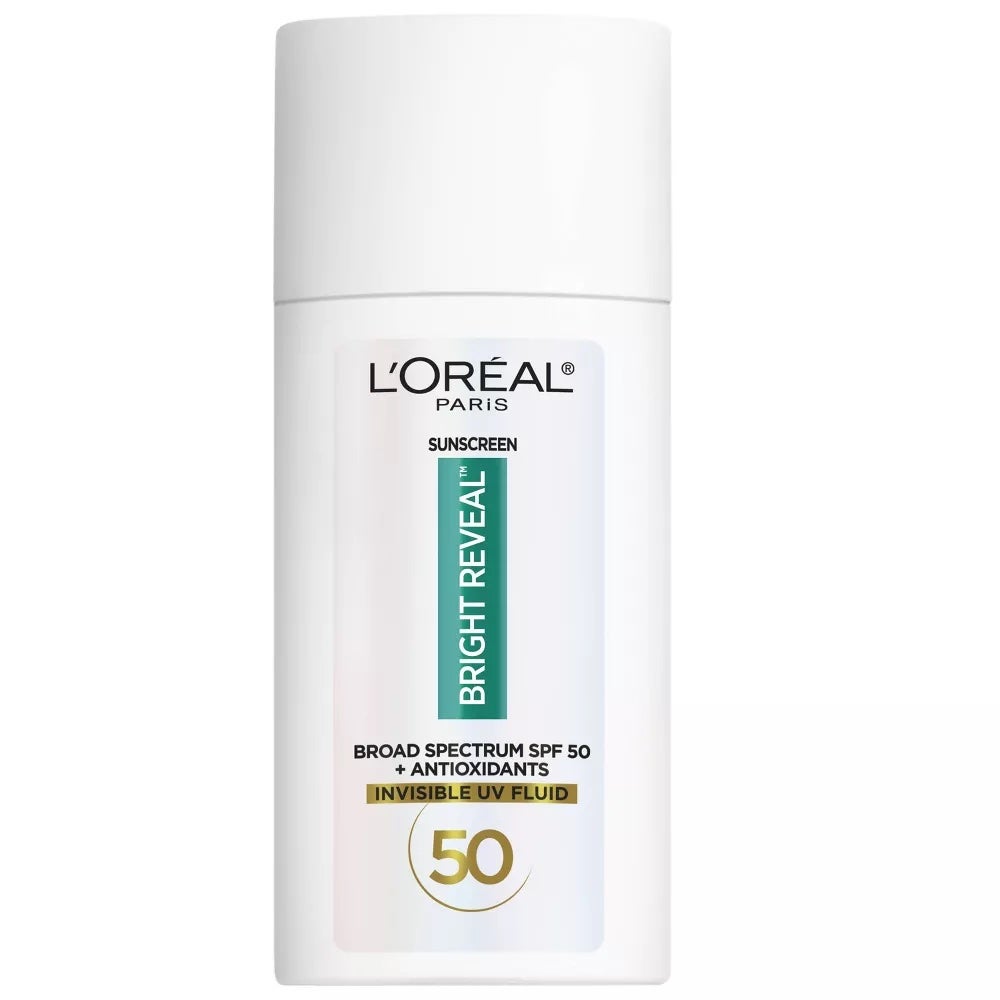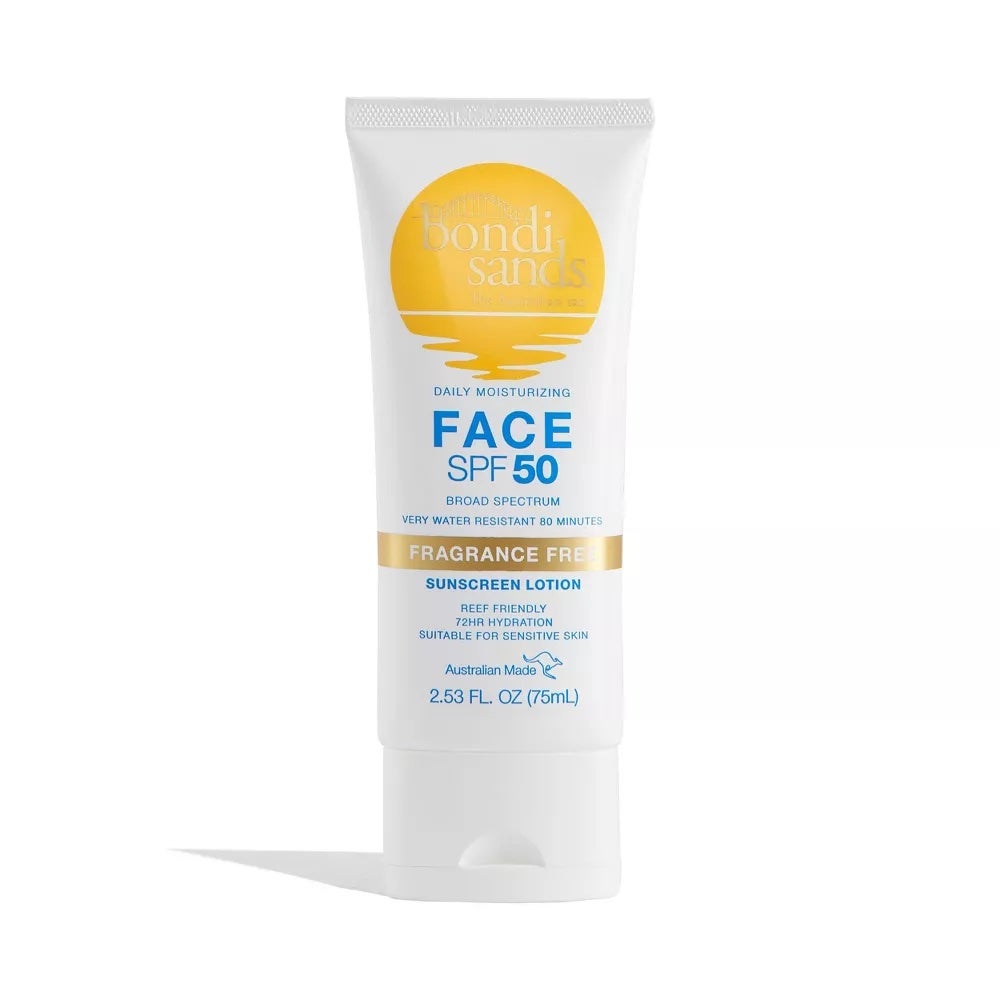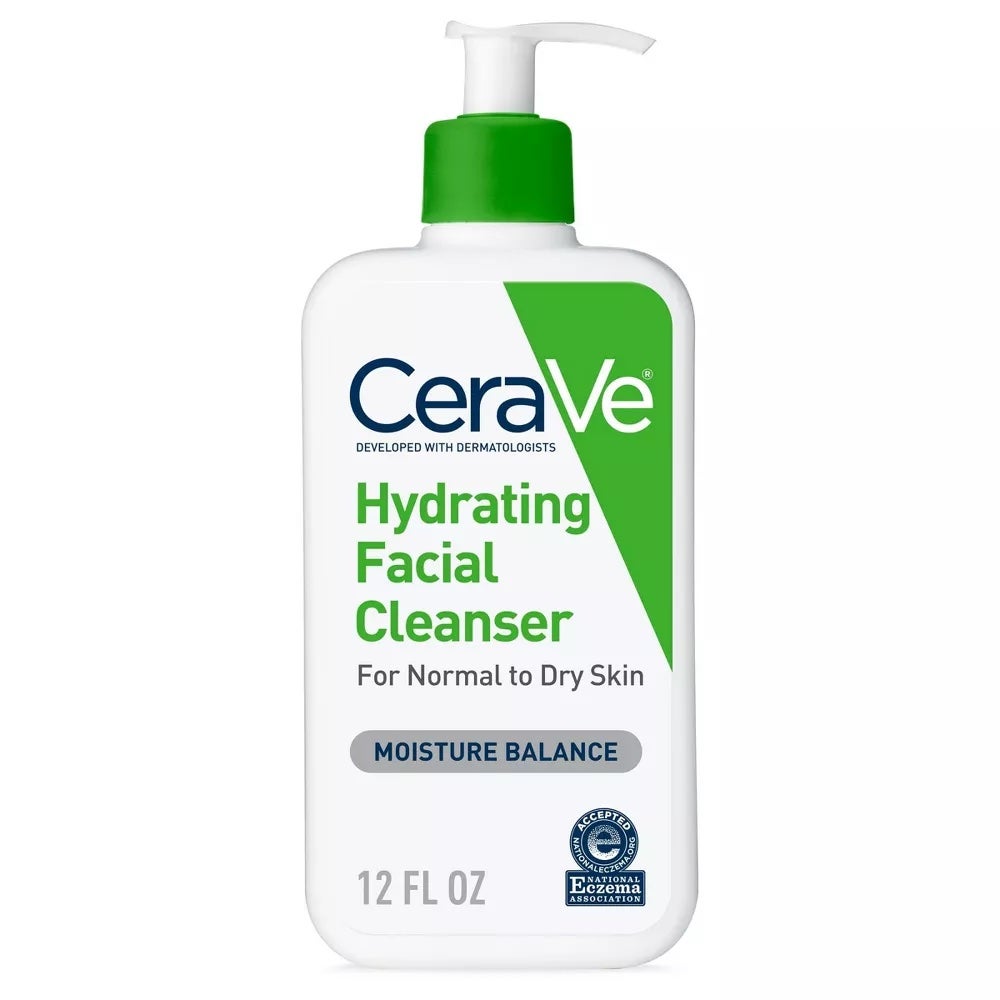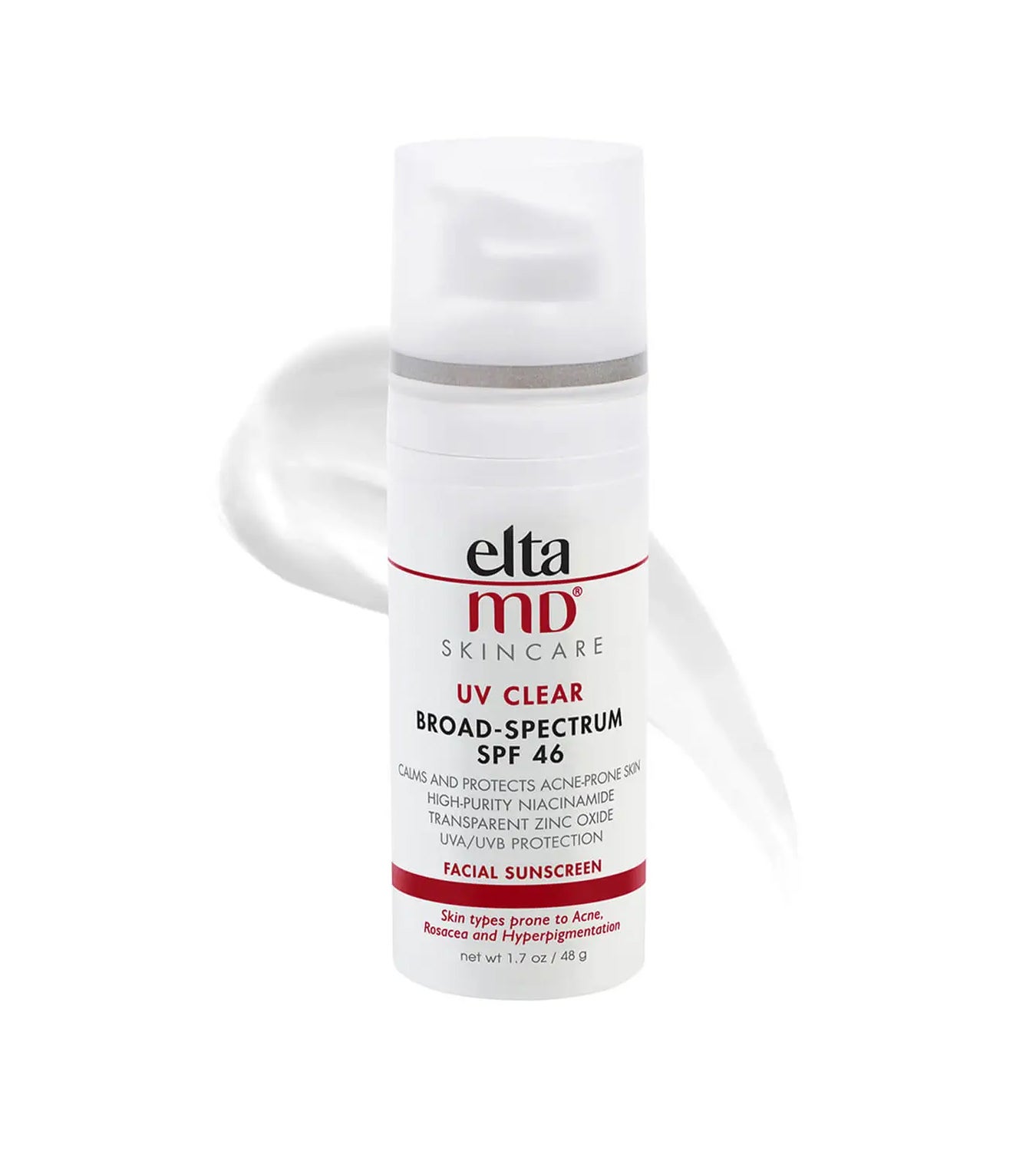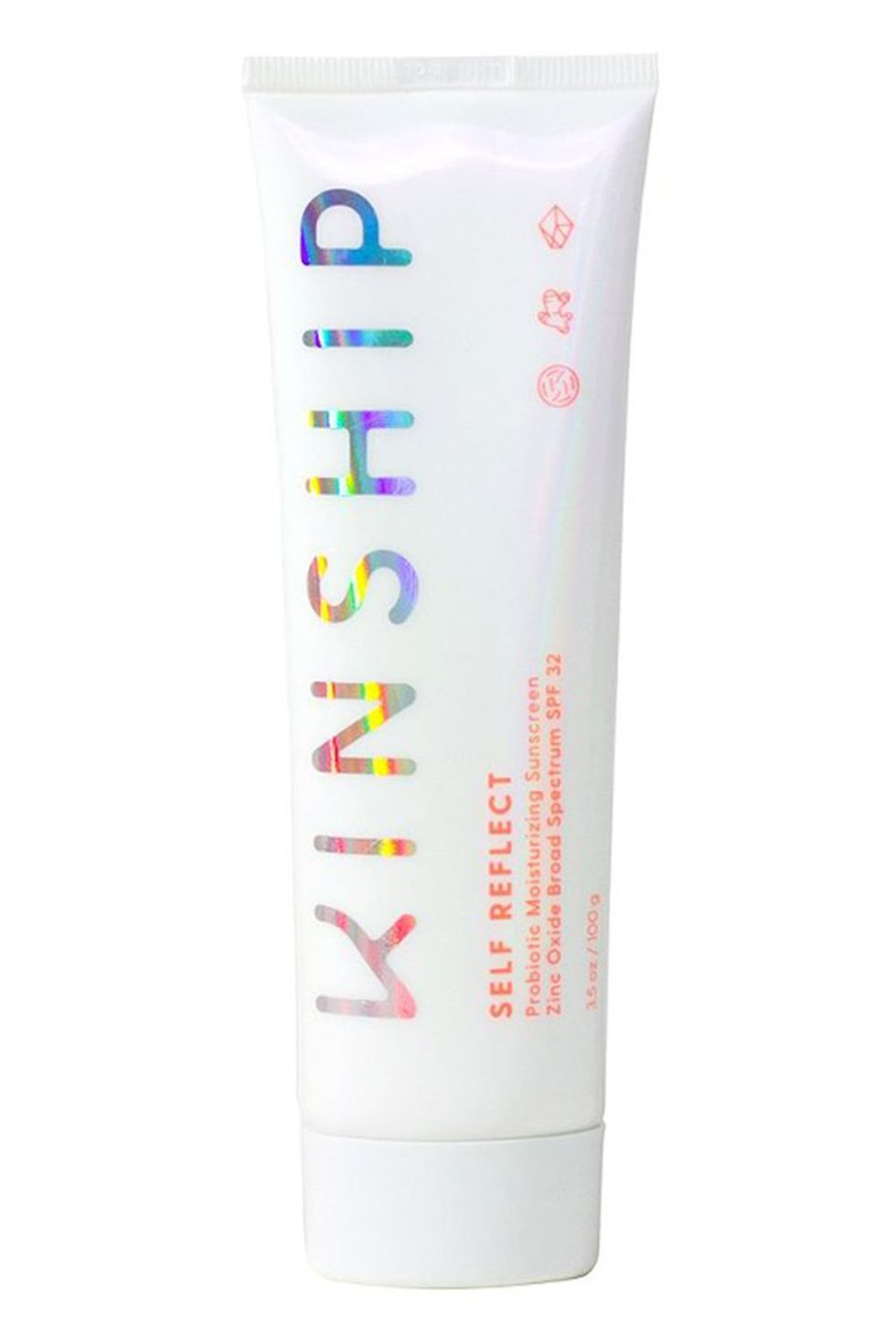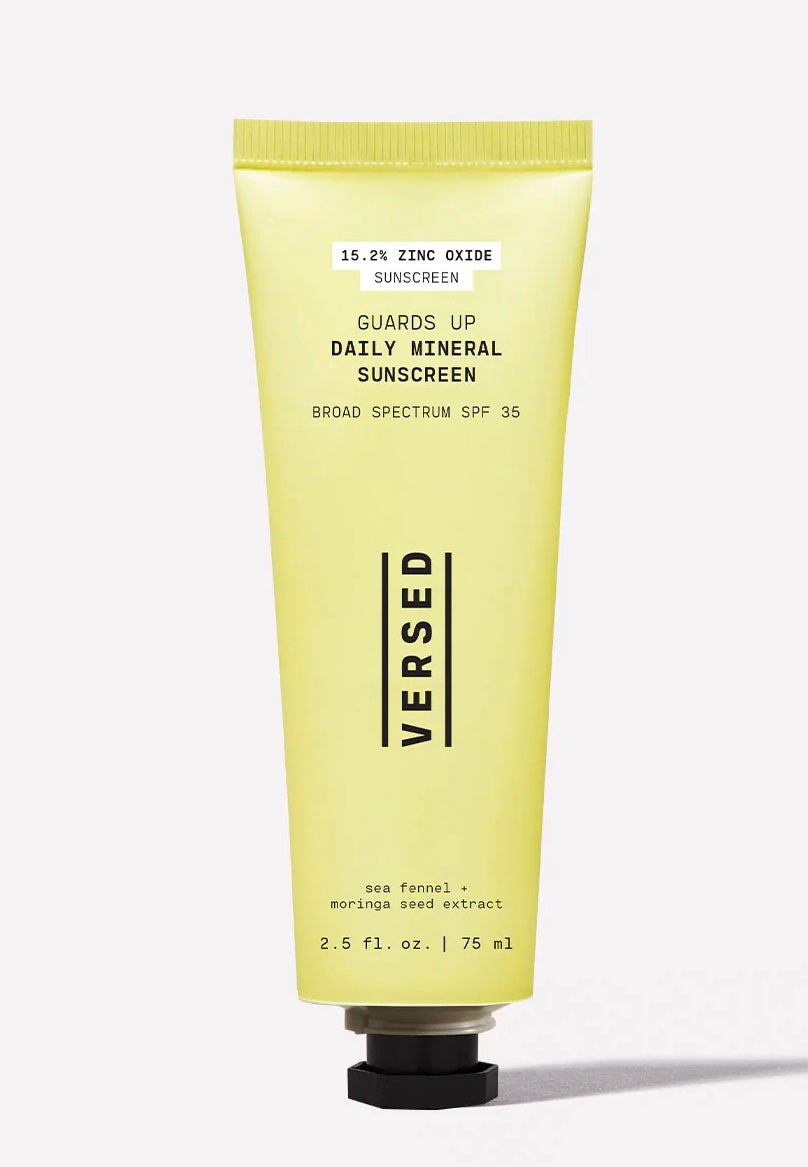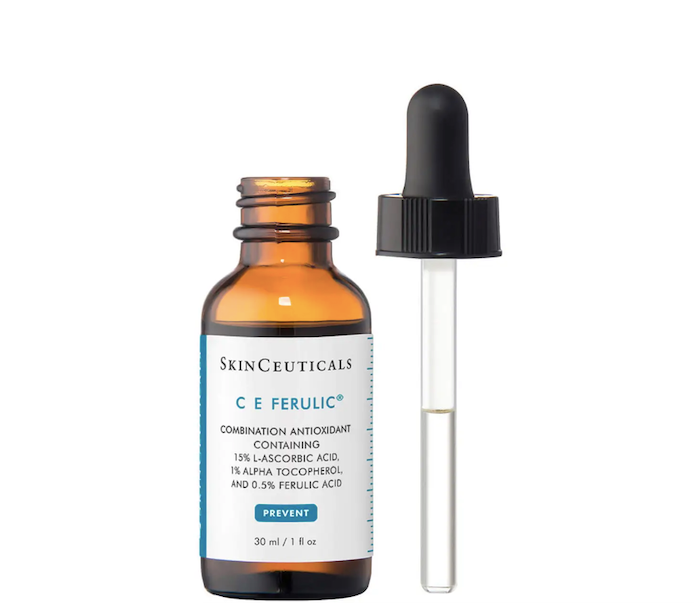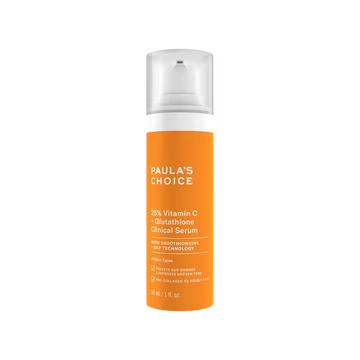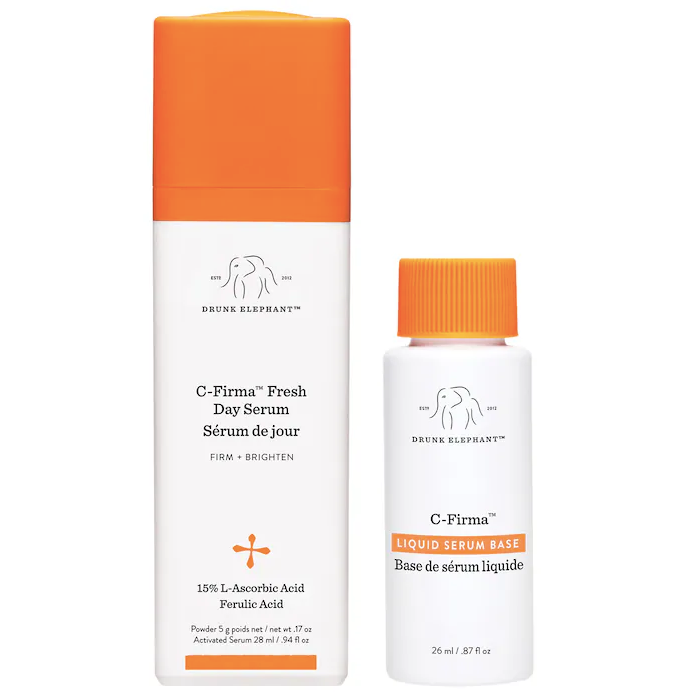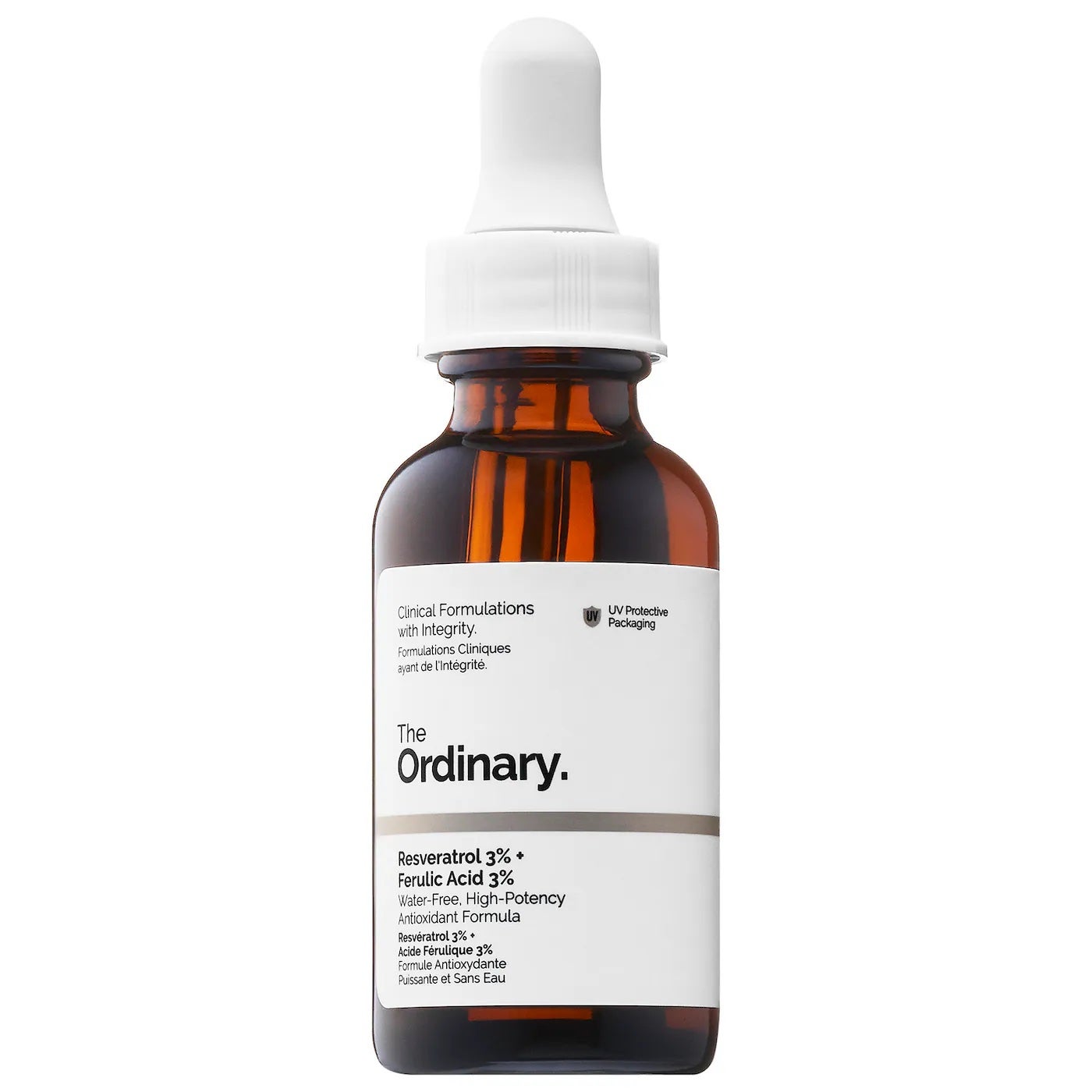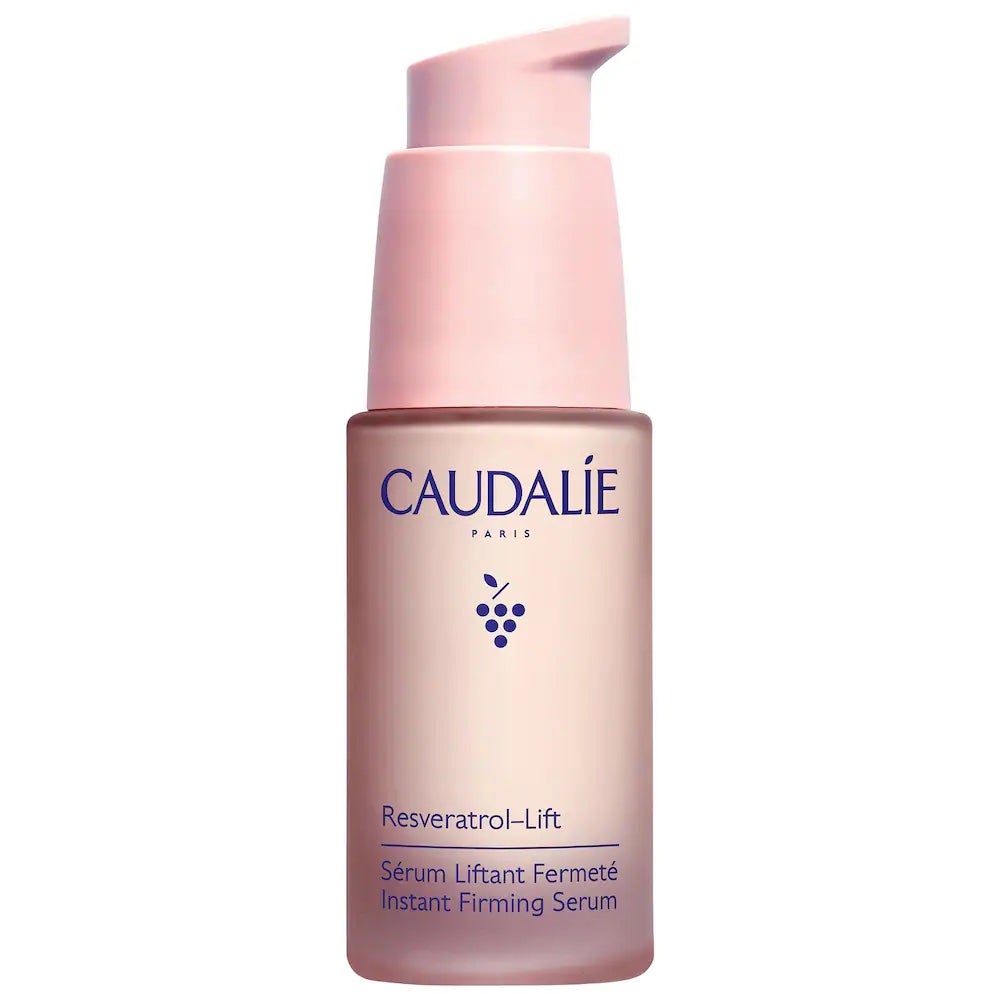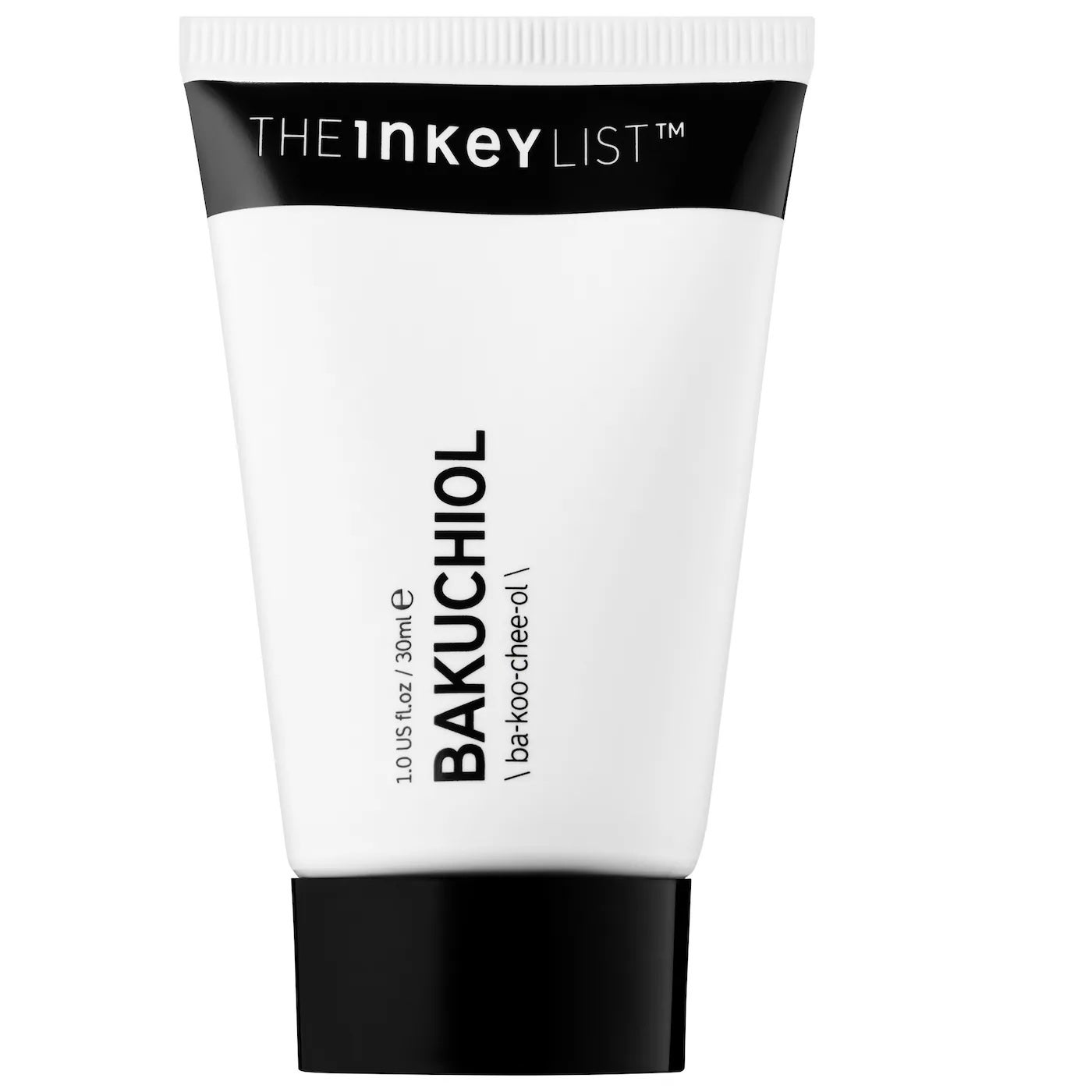The Best Skincare Advice We Were Given In 2023
Photographed by Myesha Evon Gardner.
From fun TikTok trends like “lip basting” and “skin sealing” to more pressing matters such as rising costs, 2023 is likely to have made a difference to your skin in one way or another. Perhaps you’ve swapped your luxury serum for a supermarket dupe, or maybe you’ve decided to give up tanning. Regardless of the tweaks you’ve made and the useful hacks you’ve picked up on the way, it has been our best effort to seek out the most knowledgeable skincare experts to bring you practical guidance.
This year, we’ve worked closely with dermatologists to unpack the extreme dangers of sun exposure, met with in-demand facialists to learn tricks of the trade, and tapped doctors for their best product recommendations. But just in case you missed anything valuable, here it is, all in one place. Read ahead for the very best skincare advice we were given by experts in 2023 and how it can be useful in the future.
AdvertisementADVERTISEMENT
Sunscreen is a must all year round — even in fall and winter
Regardless of the season, the sun emits UVA rays (which are behind premature aging and potentially deadly skin cancer) and UVB rays (responsible for sunburn). When you consider that up to 80% of UV rays can penetrate cloud cover, it makes sense that dermatologists drive home the importance of wearing a high factor, broad spectrum sunscreen all year round — even in the chillier fall and winter months.
Don’t be fooled into thinking that sunscreen isn’t necessary if you aren’t spending much time outside, either. While UVB rays are mostly blocked by the glass, UVA rays can penetrate through. “Whether you’re at your desk or walking to your car, you’re getting UV exposure,” said Dr. Derrick Phillips, consultant dermatologist and British Skin Foundation spokesperson. Not only does UVA cause wrinkles and pigmentation, but it has been linked with various skin cancers through consistent UV exposure.
Everyone — even those with darker skin — can benefit from wearing SPF 50 all year round. Doctor and cosmetic formulator Dr. Vanita Rattan recommended looking at the protection grade level of your sunscreen. “A PA++++ label ensures over 95% protection from UV radiation,” she told R29. Try Murad Oil And Pore Control Mattifier SPF45 PA++++, Bioré UV Aqua Rich SPF 50 Moisturizing Sunscreen, or L'Oreal Paris Bright Reveal Broad Spectrum Daily UV Lotion - SPF 50, all of which provide very high protection.
AdvertisementADVERTISEMENT
Think twice about using vitamin C in skincare
Vitamin C has countless benefits. As an antioxidant, it protects skin against dulling, damaging environmental aggressors such as pollution and UV. It can also boost collagen (responsible for the skin’s bounce and suppleness) and help prevent pigmentation from worsening. But it’s not for everyone, especially if you have sensitive or acne-prone skin.
Dr. Justine Hextall, a consultant dermatologist at Tarrant Street Clinic, doesn’t recommend vitamin C to her patients with active acne or rosacea, an inflammatory skin condition that causes redness, stinging, burning, itching and dryness. “I know that when someone has super-sensitive skin with significant irritation, the application of an acidic vitamin C solution can cause stinging and burning,” said Dr. Hextall. In fact, anything more than 10% vitamin C could irritate sensitive skin, and some vitamin C serums are formulated at eye-wateringly high concentrations. What’s more, the acidity is known to exacerbate existing acne and cause new breakouts.
When it comes to serious hyperpigmentation, or hyperpigmentation on her Black and brown clients, aesthetician Alicia Lartey told R29 that vitamin C is one of the worst treatments. “It has been touted as this almost ‘god-like’ skincare ingredient that protects your skin from free radical damage and supposedly gets rid of hyperpigmentation,” said Lartey. “While I do agree that the former property is useful — and works — the hyperpigmentation aspect is a dud.” Instead, Lartey recommends one of following ingredients: azelaic acid, which evens skin tone; kojic acid, which minimizes excess melanin production to brighten skin; glycolic acid, which exfoliates the skin; lactic acid, a gentle chemical exfoliator; and retinaldehyde, a version of vitamin A that works faster than retinol by encouraging newer skin cells.
AdvertisementADVERTISEMENT
Expensive skincare isn’t always the best skincare
In her article 9 Skincare Products Experts Wouldn’t Spend More Than £15 [$19] On, R29 contributor Charley Williams-Howitt discovered that it isn’t necessary to splurge on retinol, sunscreen or cleansers among other popular skincare products, as affordable alternatives are just as effective. Ewoma Ukeleghe, medical and cosmetic doctor and founder of SKNDOCTOR, told us that Superdrug’s own-brand retinol, Optimum Retinol Serum, is fantastic at improving the skin’s overall appearance. If you’re using retinol at night, be sure to apply sunscreen during the day.
Dr. Salome Dharamshi, dermatologist and founder of Sky Clinic, told R29 that Beauty Pie Super Healthy Skin Featherlight UVA/UVB SPF50 Sunscreen + Primer, for Beauty Pie members, is great for providing broad spectrum protection and fighting inflammation thanks to the addition of peptides (skin-strengthening proteins) and grape extract. If you’d rather spend less, try R29 favorite Bondi Sands Sunscreen Lotion SPF 50+ for Face.
You don’t have to shell out on a good cleanser, either. Consultant dermatologist Dr. Alexis Granite likes CeraVe Foaming Cleanser for Normal to Oily Skin for removing excess oil, dirt, and makeup without leaving skin feeling like it might crack post-wash.
You’ve probably been applying sunscreen all wrong
Dermatologists agree that the best sunscreen will boast a high factor (typically a minimum of SPF 30) and provide broad spectrum protection against UVA and UVB. If you remember those two things, you’re on the right track, but the way you apply your sunscreen could actually reduce the efficacy.
AdvertisementADVERTISEMENT
Cosmetic chemist Dr. Michelle Wong recently told R29 that rubbing in your sunscreen too much — particularly if it’s very thick and heavy and takes a while to absorb — could see you start to mess up the protective layer, essentially rendering it useless. Dr. Wong said that sunscreens tend to contain solvents (ingredients that dissolve other ingredients). When your sunscreen dries down, these solvents evaporate and the product forms a film on your skin. “Rubbing after the film has formed can mean you’re rubbing [your sunscreen] off — much like if your sunscreen is brushing off on clothes, towels or sand,” said Dr. Wong.
To prevent this from happening, opt for a sunscreen that absorbs easily, like Elta MD UV Clear Broad Spectrum SPF, Kinship Self Reflect Probiotic Moisturizing Sunscreen SPF 32, and Versed Guards Up Daily Mineral Sunscreen Broad Spectrum SPF.
This is how unsafe it is to go tanning
Research by the British Association of Dermatologists shows that 84% of British people have an unhealthy relationship with tanning, while a survey by the American Academy of Dermatology found that 40% of Gen Z adults are unaware of tanning risks. Worrying, 59% believe questionable tanning misconceptions, like tanning is healthy and that getting a “base tan” will prevent sunburn. 20 percent of those surveyed said that achieving a tan is more important to them than preventing skin cancer. Alarmingly, The Skin Cancer Foundation reports that just one indoor tanning session before the age of 35 can increase your chance of melanoma skin cancer by 75%.
AdvertisementADVERTISEMENT
That’s why we launched our Sun Blocked campaign: a global call to action to wake up to the detrimental effects of sun exposure and tanning. In fact, we are petitioning to ban sun beds across Britain once and for all. Scientists believe that an outright ban will reduce the number of melanoma cases among young people — and save lives. Join us by signing our petition here, because no tan is worth the potentially deadly consequences.
Snail mucin could be making your skin worse
Snail mucin has an enormous 1.3 billion views on TikTok. From serums to essences, it’s everywhere in skincare thanks to its ability to boost hydration, smooth skin texture and promote collagen production. But it is known to cause hives, breakouts and fungal acne. Allergist and immunologist Dr. Martin Smith told R29: “Snail mucin and snails contain a pretty allergenic enzyme called tropomyosin. This enzyme is also found in other arthropods or animals with an exoskeleton, such as shellfish and the common house dust mite, that may contribute to nasal allergies.”
Before using snail mucin, conduct a patch test on the inside of your forearm to rule out any potential reactions.If you’ve experienced any of these unfortunate side effects while using snail mucin, stop immediately and consult your dermatologist or a skin expert.
Consider this before combining retinol and vitamin C in one skincare routine
Retinol and vitamin C are both powerhouse ingredients. Retinol encourages skin cell turnover at lightning speed and helps minimize hyperpigmentation, acne and fine lines, while vitamin C is an antioxidant that shields skin against free radicals like pollution and UV. Both are particularly potent, though, and when used in high concentrations (or incorrectly) they can be irritating and damage your skin barrier.
AdvertisementADVERTISEMENT
The trick is to use them separately at different times of the day, rather than cocktailing them in one go. If you haven’t used retinol before, consider introducing a low dose into your evening skincare routine gradually, for example, two nights a week in order to build up your skin’s tolerance. When it comes to using vitamin C, stick to using it in the daytime underneath your sunscreen. Everything else you need to know about using the two ingredients in one skincare routine can be found here.
An antioxidant serum will make your sunscreen work harder
Refinery29’s beauty editor Megan Decker discovered that wearing a high factor, broad spectrum sunscreen isn’t the only thing you can do to shield your skin from damaging UV rays. Layering an antioxidant serum underneath your SPF can help to protect it further. Board-certified dermatologist Lian Mack, MD, told R29 that antioxidants and sunscreen work synergistically to prevent free radicals in the environment (unstable atoms that trigger oxidative stress in the body) and UV damage from damaging the skin during the day. Try a vitamin C serum or a product that contains vitamin E, ferulic acid, niacinamide, resveratrol, or bakuchiol if vitamin C irritates your skin.
This story was originally published on Refinery29UK.
At Refinery29, we’re here to help you navigate this overwhelming world of stuff. All of our market picks are independently selected and curated by the editorial team. If you buy something we link to on our site, Refinery29 may earn commission.
AdvertisementADVERTISEMENT







